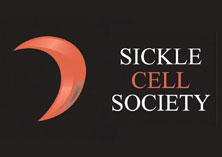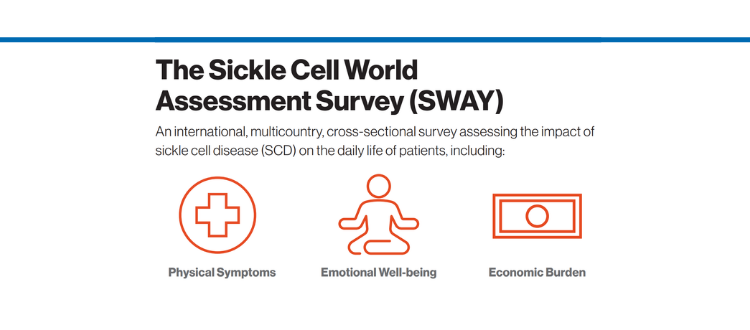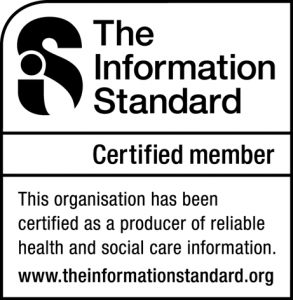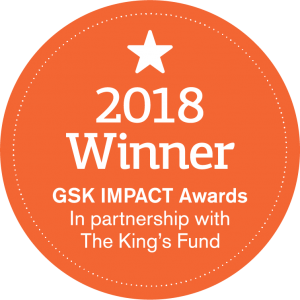Global Survey Uncovers Under-Reported Effects of Sickle Cell (SWAY Results)
Findings from more than 2,000 respondents in 16 countries underscore the debilitating and under-reported effects of sickle cell disease and a pattern of not seeking care despite potentially life-threatening symptoms[1]
Patients reported on average more than 5 vaso-occlusive crises (VOCs) per year with serious impact on their quality of life (QoL), including emotional well-being and daily life, as well as ability to work and complete education[1,2]
Sickle Cell World Assessment Survey (SWAY), one of world’s largest sickle cell disease surveys, supported by international steering committee of medical experts and patient advocates.
Click here to view the SWAY Infographic here
“We see sickle cell as a painful disease, but too often we don’t translate how that pain affects the lives of our patients – can they go to school, can they work, can they enjoy their families? These are things many of us take for granted,” said Ifeyinwa Osunkwo, MD, MPH, Founder and Director, Sickle Cell Disease Enterprise, Levine Cancer Institute, Atrium Health and co-chair of the SWAY Steering Committee. “Perhaps health care providers don’t always see the impact of sickle cell disease in that light. Now, with the results of this worldwide sickle cell survey, we have a clearer picture of the toll it takes on millions of people around the world.” – Basel, December 9, 2019
The Sickle Cell World Assessment Survey (SWAY) collected insights from more than 2,100 patients (200 of which came from the Sickle Cell Society) and 300 health care providers to evaluate the impact of the disease on patients and families and help inform the management of this life-long condition. Results were presented at the 2019 American Society of Hematology (ASH) Annual Meeting.
Results showed substantially higher numbers of vaso-occlusive crises (VOCs) than current published data suggesting VOCs are highly underreported and many are experienced at home:
- On average, patients experienced more than 5 VOCs each year,[1] and
- More than 90% of patients surveyed experienced at least one VOC in the past 12 months[1]
- Of the more than 11,000 VOCs reported, nearly one quarter were managed at home[1]
Considered the clinical hallmark of the disease, VOCs are unpredictable, severe events associated with life-threatening complications.[3] They are the main reason why sickle cell disease patients go to the emergency room or are admitted to the hospital.[4] However, despite the serious risks, nearly one quarter of respondents said they avoid seeking medical assistance, citing previous poor hospital experiences (39%), perception that health care providers do not understand sickle cell disease (26%), or their pain is too severe to leave home (19%).[1]
“Hearing first-hand from those living with sickle cell disease is incredibly important to shaping how we address their concerns,” said John James OBE, Chief Executive, Sickle Cell Society. “With these new insights, we can improve how we manage this serious disease and help improve quality of life for these individuals.”
Results also showed that sickle cell disease has a high impact on patients’ ability to work and complete their education:
- Over half said they believe their income would be higher if they didn’t have the disease[2]
- More than half (53%) report they have reduced hours at work because of their disease[2]
- More than 50% reported sickle cell disease has had a high impact on their achievement at school[2]
“At Novartis, we are pursuing collaborative research efforts to broaden our understanding of sickle cell disease beyond just its devastating physical symptoms,” said Andrew Cavey, Global Program Head, Benign Hematology, Novartis. “On behalf of a coalition of involved organizations and individuals, we were pleased to share compelling new data from one of the world’s largest sickle cell disease surveys that uncover the real-world impact of this condition on those touched by it.”
References
1. Osunkwo I, Andemariam B, Inusa B, et al. Management Strategies and Satisfaction Levels in Patients With Sickle Cell Disease: Interim Results From the International Sickle Cell World Assessment Survey (SWAY). Poster presented at: The American Society of Hematology Annual Meeting; December 7-10, 2019; Orlando, FL.
2. Osunkwo I, Andemariam B, Inusa B, et al. Impact of Sickle Cell Disease Symptoms on Patients’ Daily Lives: Interim Results From the International Sickle Cell World Assessment Survey (SWAY). Poster presented at: The American Society of Hematology Annual Meeting; December 7-10, 2019; Orlando, FL.
3. Steinberg M. Management of sickle cell disease. N Engl J Med. 1999;340(13):1021-1030.
4. Gutsaeva D, Parkerson J, Yerigenahally S, et al. Inhibition of cell adhesion by anti–P-selectin aptamer: a new potential therapeutic agent for sickle cell disease. Blood. 2011;117(2):727-735.





